Massimo Faggioli, Professor of Historical Theology at Villanova University in US, and author and columnist, offered a bright speech entitled “From episcopal collegiality to ecclesial synodality. What it means for Pope Francis in the reform of the Church” for the English Course participants at the General Curia of the Society of Jesus on October 20th.
Prof. Faggioli divides his speech in three parts:
- Synodality as episcopal collegiality in Vatican II: more ressourcement than aggiornamento. In this part, Prof. Faggioli narrates how the “ecclesiological ressourcement of Vatican II worked by drawing on the polycentric, conciliar, and synodal experience of the early centuries of the church” and which practical actions were driven by it during and at the end of Vatican II.
- Collegiality and synodality in the early post-Vatican II period: a mixed picture. Here Prof. Massimo Faggioli describes the different models of government in the Church from the Vatican II until Pope Francis’ papacy. And in which ways synodality was present in the different forms of government.
- Francis’ pontificate: from collegiality to synodality. In the last part, Prof. Faggioli deepens in how Pope Francis has made Synodality a key transversal element of his ecclesiology, and how it is shown and affected in the different documents and institutions.
Prof. Massimo Faggioli concludes with the question about “the possibilities of the transition from the experiences and institution of episcopal collegiality of Vatican II (bishops and papacy), to the current phase of episcopal synodality (bishops and papacy with a modicum of participation of the people of God in synodal moments) to a future of ecclesial synodality (synodal moments that include forms of participation of the people of God)“. And he suggests that “the culture of encounter needs to find institutional expression”.




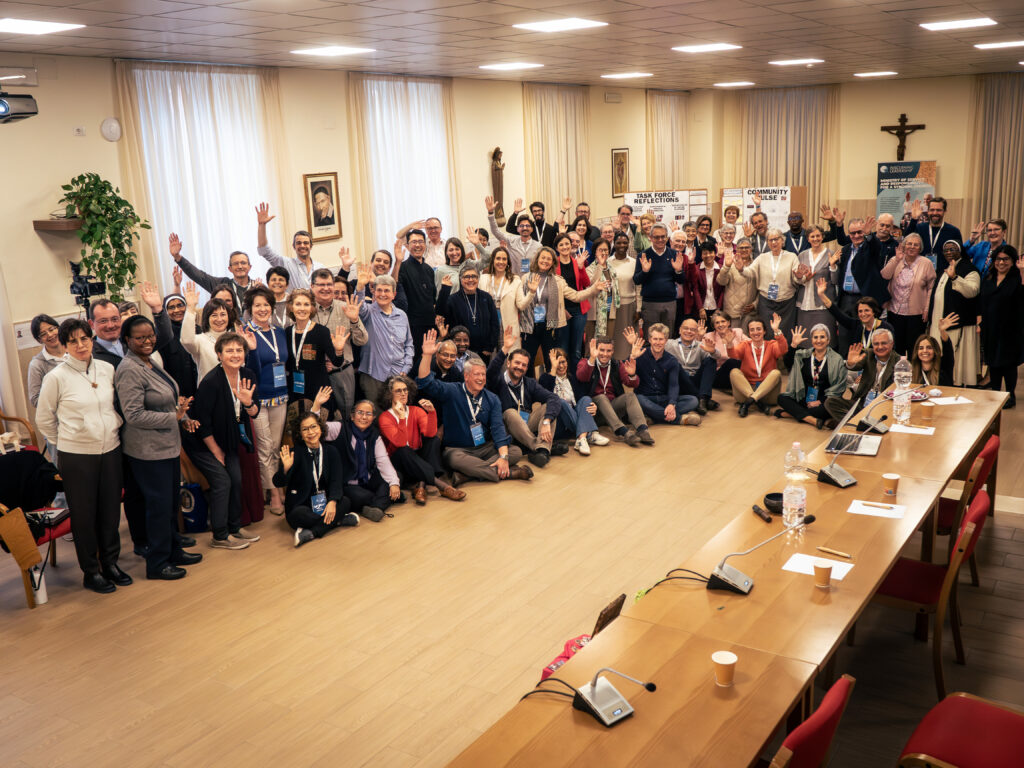


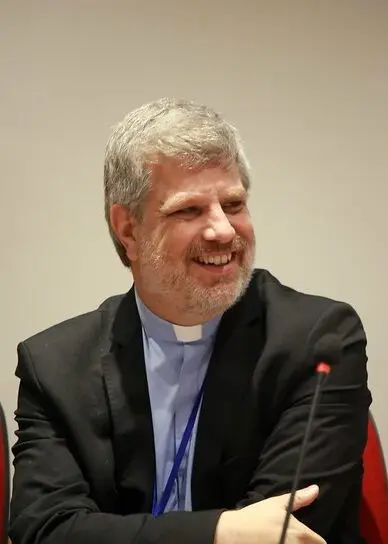 Fr. Giacomo Costa SJ did studies in philosophy and theology, and he also obtained a master's degree in Political and Moral Sociology at the EHESS in Paris.
Fr. Giacomo Costa SJ did studies in philosophy and theology, and he also obtained a master's degree in Political and Moral Sociology at the EHESS in Paris.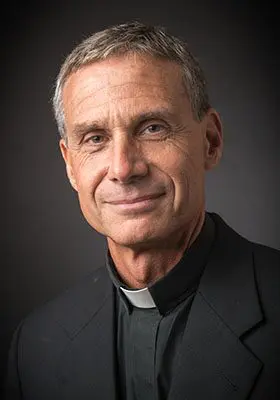 He is the responsible for Formation at the Society of Jesus.
He is the responsible for Formation at the Society of Jesus.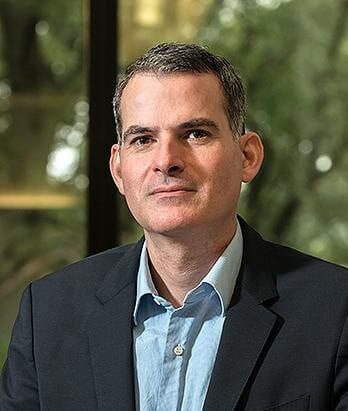 Prof. Rafael Luciani received his licentiate and doctorate in theology from the Pontifical Gregorian University in Rome and a degree in educational sciences with a philosophical orientation from the Universidad Católica "Andrés Bello" in Caracas (Venezuela). He also studied philosophy at the Salesian Pontifical University in Rome and did post-doctoral work at the Julius Maximilians Universität in Würzburg (Germany).
Prof. Rafael Luciani received his licentiate and doctorate in theology from the Pontifical Gregorian University in Rome and a degree in educational sciences with a philosophical orientation from the Universidad Católica "Andrés Bello" in Caracas (Venezuela). He also studied philosophy at the Salesian Pontifical University in Rome and did post-doctoral work at the Julius Maximilians Universität in Würzburg (Germany).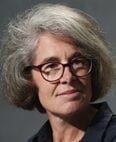 Nathalie Becquart serves as Undersecretary of the Secretariat of the Synod of the Bishops since March 2021.
Nathalie Becquart serves as Undersecretary of the Secretariat of the Synod of the Bishops since March 2021. Robert J. Bies (Ph.D., Stanford University) is Professor of Management and Founder of the Executive Master’s in Leadership Program at the McDonough School of Business at Georgetown University. In addition, Dr. Bies is a co-author of the book, Getting Even: The Truth About Workplace Revenge—And How to Stop It.
Professor Bies’s current research focuses on leadership, the delivery of bad news, organizational justice, and revenge and forgiveness in the workplace.
Robert J. Bies (Ph.D., Stanford University) is Professor of Management and Founder of the Executive Master’s in Leadership Program at the McDonough School of Business at Georgetown University. In addition, Dr. Bies is a co-author of the book, Getting Even: The Truth About Workplace Revenge—And How to Stop It.
Professor Bies’s current research focuses on leadership, the delivery of bad news, organizational justice, and revenge and forgiveness in the workplace.